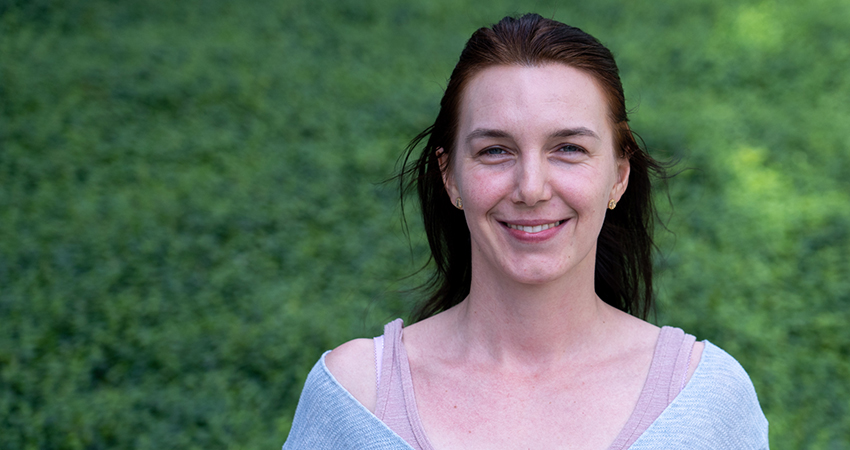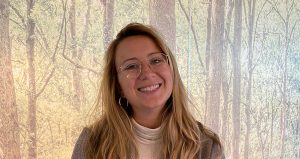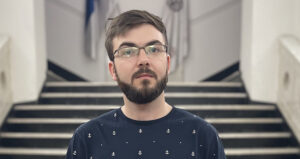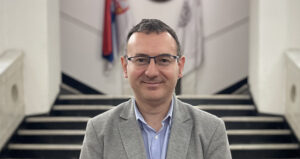Hedviga: “After this I will do things better”

-
 Editorial Team
Editorial Team
Share article:
Hedviga Horváthová from Slovakia participates in the European Junior Water Programma (EJWP). She is sharing her experiences on Water News Europe. Participating makes me think differently and look at things differently. I know that I will use the experience learned in the EJWP at work to do things better.
Where do you work now?
“I am an Assistant Professor of Environmental Engineering. I work at the Technical University of Košice at the Faculty of Materials, Metallurgy and Recycling in Slovakia since I finished my PhD at the faculty.”
What did you study?
“My Master study I did in Environmental Engineering, and I am a PhD holder in Metallurgy of Metals.”
What do you hope to learn through EJWP?
“The longer I am in the EJWP, the more I am aware of the wide range of different knowledge, perspectives and experiences I learn. And it’s it is not just in theory. It’s about practical tasks and exercises, but especially about real experiences and real people. Seeing how different companies and organizations work and share my own experiences with people from the EJWP and experts we meet is the most valuable thing I could get in the EJWP.”
What was your best experience with EJWP so far?
“Projects we work on together in a group and the opportunity to take the lead, and other roles, are gratifying for me. At the same time, it makes me think differently and look at things differently. I know that I will use the experience learned in the EJWP at work to do things better.”
What have you already learned?
“I’ve learned so much. I have to mention how helpful our coach is. During the training, we take over the situations we encounter during work, whether it is a situation where something needs to be negotiated or communicated. It is also important to mention the opportunity to meet people working in other spheres in the water sector. Sharing experiences, motivation, and inspiration is very important. The world is becoming more water-limited, and water challenges are increasingly complex. Population growth and the effects of climate change are globally forcing the need to efficiently rethink how essential services – water, wastewater, food and energy – are managed and delivered. In this context, collaborating with professionals and community members with different philosophical beliefs, perspectives, and objective is essential.”
What are the benefits of an international network?
“I think that our diversity is beneficial; we inspire each other and learn from each other. We also see things from a different perspective and have different knowledge and ideas, which can be transformed and applied to solving the water sector problems.”
What can international water professionals mean for the water sector?
“A broad perspective and interdisciplinarity are essential for the water sector so that not a single article is forgotten. Water is represented in almost all human activities. The protection of water and its resources is currently one of the top priorities globally, and no one should be forgotten.”
Where or in which position would you like to work in five years?
“I am aware of the need for water protection solutions connected with industry, recycling and metal recovery. In the future, I would like to initiate solving these problems and look for more acceptable solutions and in accordance with human’s well-being and the environment.”

















